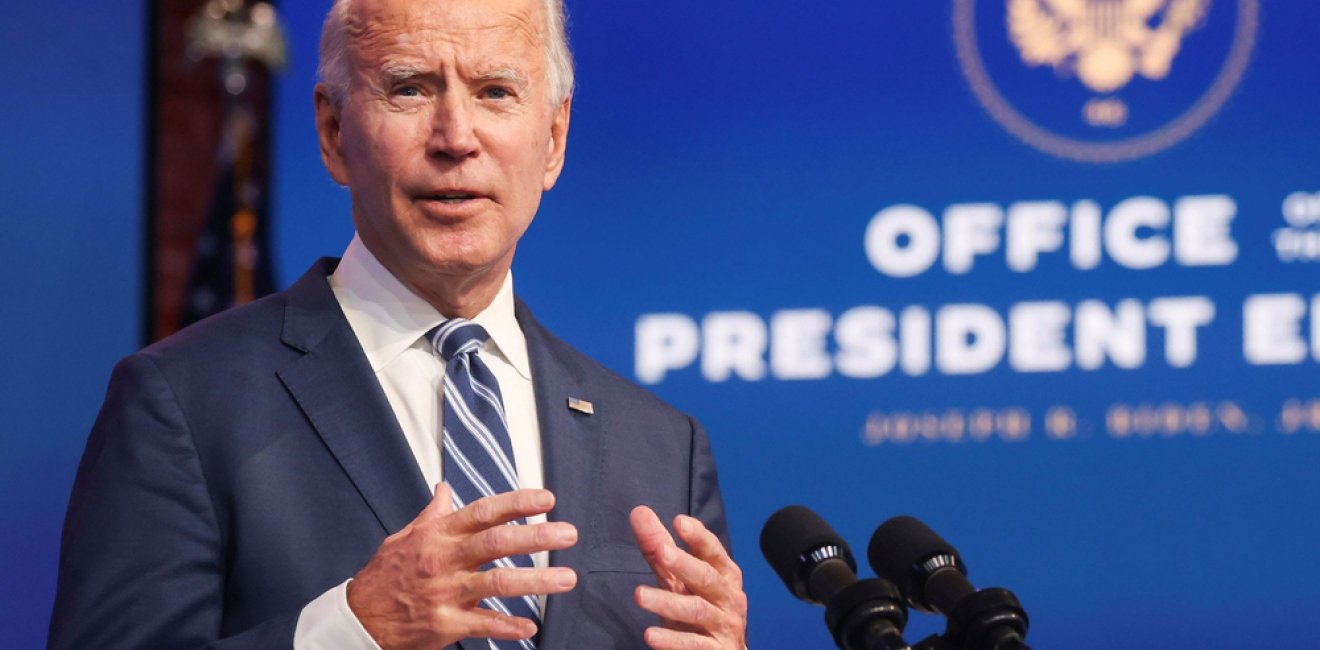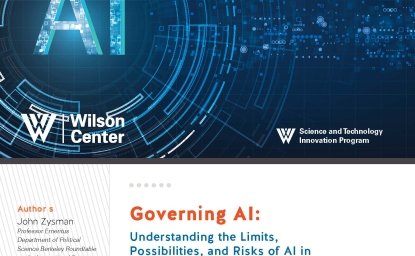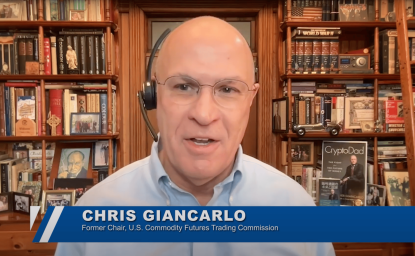- Cynthia Arnson, Director of the Latin America Program:
"President-elect Biden's campaign advisers and the incoming team have long viewed a potential surge of Central American migrants in the early days of the administration as a distinct possibility. Not only because of migrants' perceptions of a 'kinder, gentler' United States with respect to immigration policy but also because human traffickers could cynically manipulate people's aspirations. The challenge for Biden will be to make good on campaign promises quickly to undo the ugliest aspects of Trump's policies--the separation of migrant children and parents, for example--without spurring a border crisis resulting from a flood of migrants hopeful that U.S. policy has changed."
- Daniel S. Hamilton, Director of the Global Europe Program:
"Foreign observers could interpret the incoming Biden Administration’s focus on domestic priorities as a sign that the United States is continuing to turn away from the world. That would be a mistake. Now more than in any time in recent memory, foreign policy begins at home. America’s partners should not be surprised, and should in fact welcome, Joe Biden’s initial focus on domestic challenges, because the United States is unlikely to be the type of consistent, outward-looking partner that other countries need and want if it does not beat COVID-19, generate inclusive and sustainable growth, create millions of jobs, and reposition itself at home to take on the climate crisis and work to heal its deep political, social, racial and class divisions. America can’t help others if it can’t help itself.
That doesn’t mean foreign policy takes a back seat. The need for domestic self-renewal is self-evident. Yet in a world where it takes seconds to transfer wealth or transmit disease, minutes to flash news or spread disinformation, and only hours to cross vast oceans, we Americans cannot take care of our own on our own. The old adage is still true: domestic policy is important, but foreign policy can kill you. It can also give you a job or take it away, raise or lower the cost of your home mortgage, and influence how you interact with those new to your community.
The United States cannot tackle the virus, create economic opportunity, address the climate emergency, or take on challenges to democracy by itself. Domestic renewal requires active engagement abroad. The affairs of the world have been too deeply woven into the fabric of our domestic life for us simply to ignore the rest of the globe while we concentrate on domestic priorities. Our problems at home are serious, and our challenges abroad are daunting. But neither is insurmountable. Even before assuming office, Joe Biden and his team have signaled that they understand progress on one front is necessary to advance our values and our interests in the other. America’s partners should wish them well."
- Michael Kugelman, Deputy Director of the Asia Program:
"This is a domestically focused agenda, but ultimately a home-first policy will benefit the Biden administration's foreign policy. America will have more credibility abroad as a global leader, and especially as a champion of rights and democracy if it is seen to be making efforts to strengthen freedoms and governance at home.
This isn't to say a domestically focused first 10 days should be completely cut off from the world. Biden would be wise to make calls to key US allies and partners abroad, and especially in Europe and Asia where long-time American friends are anxious to connect with the new leadership.
While the Biden administration is wise to accord its initial policy space to domestic issues, it can't afford to put off its priorities overseas for that long. Such are the realities of a superpower: Even when it's struggling at home, it can't ignore its obligations abroad. This is especially true in Afghanistan, home to the longest-ever US foreign war, where 2500 American troops remain and a nascent peace process with the Taliban hangs in the balance, amid an intensifying insurgency and an alarming campaign of killings against Afghan civil society. "
- Sherri Goodman, Senior Fellow, Polar Institute and Environmental Change & Security Program, previously served as the first Deputy Undersecretary of Defense (Environmental Security) from 1993-2001:
"President Biden's Day One Agenda puts America back on track for fixing COVID recovery, rescuing the US economy, rebuilding American democracy at home and restoring American leadership abroad. Never has a President assumed office with greater challenges but never has a President assembled such a stellar team to combat the nation's 4 most vexing challenges: COVID, climate, the economy and racial equity.
America's allies can be reassured that, despite the gravity of the challenges we face, the Biden/Harris team is already demonstrating leadership in the proposed actions for the first 10 days in office. Rejoining the Paris Climate Agreement will happen on Day One and will pave the way for much more leadership on climate and clean energy to tackle the climate crisis. With John Kerry as the President's Climate Envoy, Tony Blinken as Secretary of State, Jake Sullivan as National Security Advisor, Lloyd Austin as Secretary of Defense, and Samantha Powers at USAID, our allies and partners can be assured that 'America is back!'"
- Shihoko Goto, Deputy Director for Geoeconomics and Senior Associate for Northeast Asia, Asia Program:
"In order to unite the country and restore stability, it is imperative for the Biden administration to focus on economic regeneration. The $1.9 trillion covid package will be at the heart of that effort. Enhancing trade relations and signing on to new trade deals will not, however, be part of that equation. Trade will remain a political divisive issue, even within the Democratic Party itself, as the net economic gain of agreements remaining a contested issue.
Even though the geostrategic importance of enhancing trade relations is clear especially in Asia and supported by the new administration’s foreign policy team, Biden is unlikely to push for the United States to join the CPTPP multilateral trade agreement, even as it makes returning the United States back into the Paris climate deal a priority. The fact that Trade Promotion Authority will expire in July will make it particularly challenging for the White House to push for new deals.
U.S. allies, in turn, will look for the new president to restore stability in the country as quickly as possible, and ensure that the U.S. economy remains on solid footing. At the same time, they will be eager for actual U.S actions that demonstrate the new government’s commitment to the rule of law and transparency that go beyond simply rhetoric.











